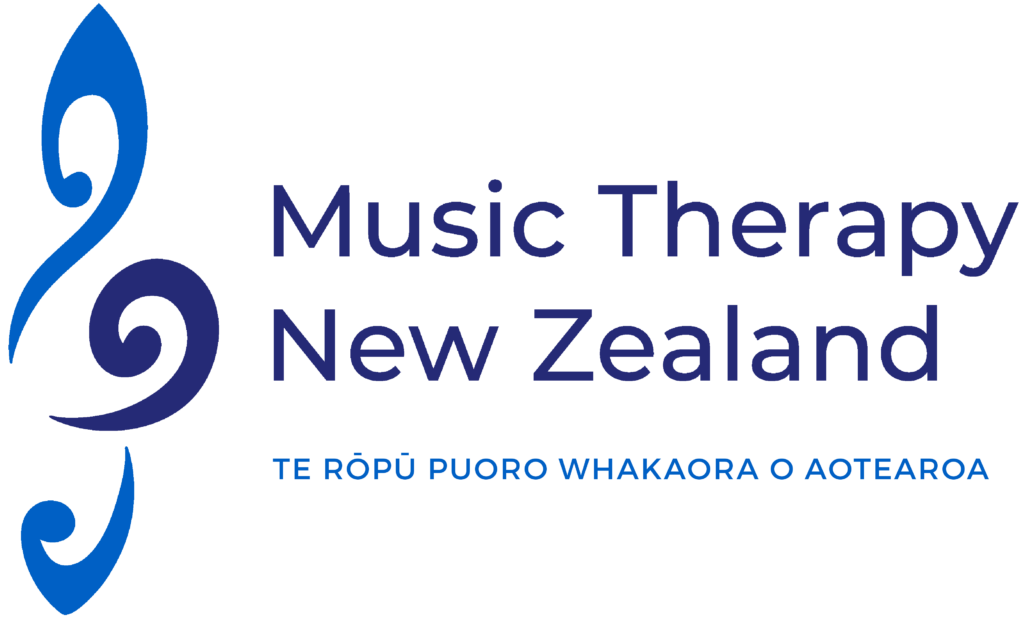Shari Storie (née Ludlam)
MMusTher (Hons), BSc, BMus, NZ RMTh
Sarah Hoskyns
PhD, LGSM (MT), FGSM, NZ RMTh, HCPC (UK)
Music Therapist Te Kōkī, New Zealand School of Music, Victoria University of Wellington
Keywords: Individual music therapy, speech and expressive language development, special needs, preschool children, client-centred.
Abstract
Client-centred music therapy with individual preschool children, involving playful but focused songs, behaviours, and instrumental play, can enhance their speech and expressive language development. This article draws out practical applications from a master’s research project, which focused on how music therapy was used to support speech and expressive language development for preschool children with special needs. The research itself developed a partial grounded theory on how a music therapy student supported speech and expressive language and identified four key areas: client-centred approach, song, instrument, and therapist’s behaviours. The research findings are captured in detail elsewhere (Ludlam, 2012) but this writing describes the outline of a music therapist’s speech-and-expressive-language-specific tool set when working in this area, developed from the findings. Further, it addresses the importance of music therapy for developing speech and expressive language in young children, the implications for clinical practice that arose through this research, and how these relate to the existing literature.
Reference – refer to the full journal
Download Full Journal


